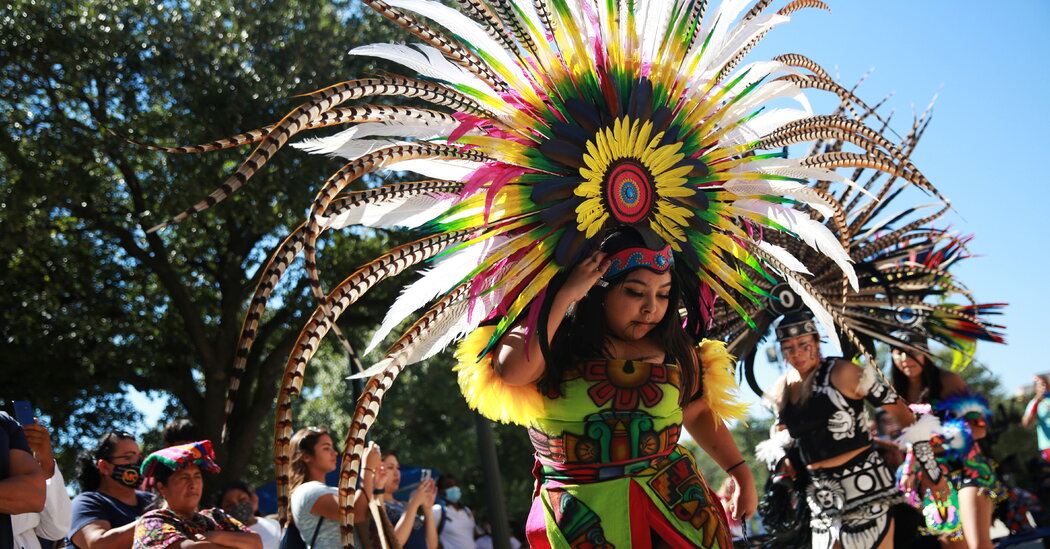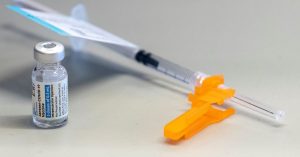Are there closures for the day?
The United States Postal Service and post offices will be closed in observation of Columbus Day, as will most banks. Most government offices and libraries will be closed. Stores like Walmart and Target and most grocery stores are open.
In some cities, like New York, trash and recycling collection are suspended.
How do Indigenous groups feel about the day?
Activists in cities across the country like Denver and Seattle protested Columbus Day for years and in many cases fought to gain recognition for Indigenous Peoples’ Day. Unofficial celebrations of Indigenous cultures on that day have also taken place, including on New York’s Randalls Island.
The Navajo Nation, the nation’s largest tribe with nearly 400,000 people, has long voiced its support for the renaming of that day. “Transforming Columbus Day to Indigenous Peoples’ Day will encourage young Navajos to have pride in the place and people they come from and the beauty they hold within,” Jonathan Nez, the president of Navajo Nation, said in a statement before Mr. Biden’s announcement.
However, some say mere observance of the day doesn’t do enough, and point out that no American president has explicitly apologized for the country’s treatment of Indigenous peoples. Others call it an important first step.
“I think it really recognizes that Indigenous people are still here,” said Alannah Hurley, executive director of United Tribes of Bristol Bay, a consortium of Indigenous communities in Southwest Alaska, and a Yup’ik fisherwoman in Alaska. “We just have been struggling for so long for the vast majority of mainstream America and culture to recognize that — that we are not just in history books.”
She added, “We’re still fighting for our lands and our waters and our way of life. That visibility is huge, because we have struggled for so long with being made invisible by mainstream society.”
What are some of the major issues Indigenous peoples face?
Supporters of the day say it may help bring attention to some of the ways Indigenous peoples are discriminated against and are disproportionately affected by climate change, gender violence and health issues, as well as to the Indigenous lands affected by mining, drilling and both public and private projects.




